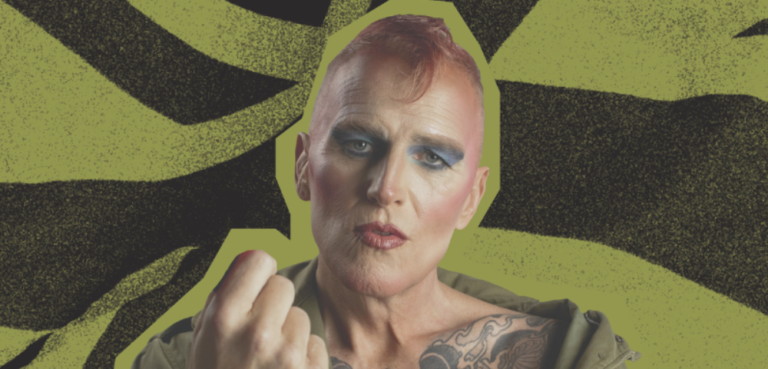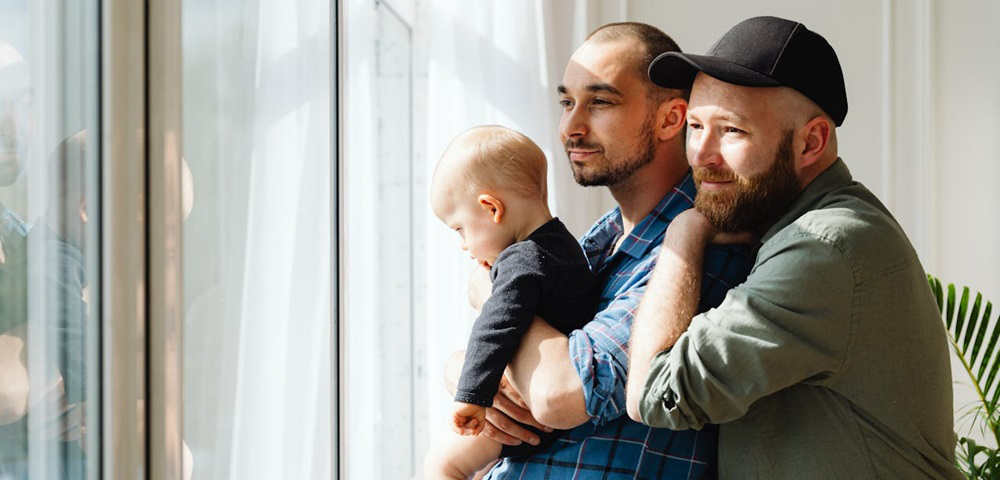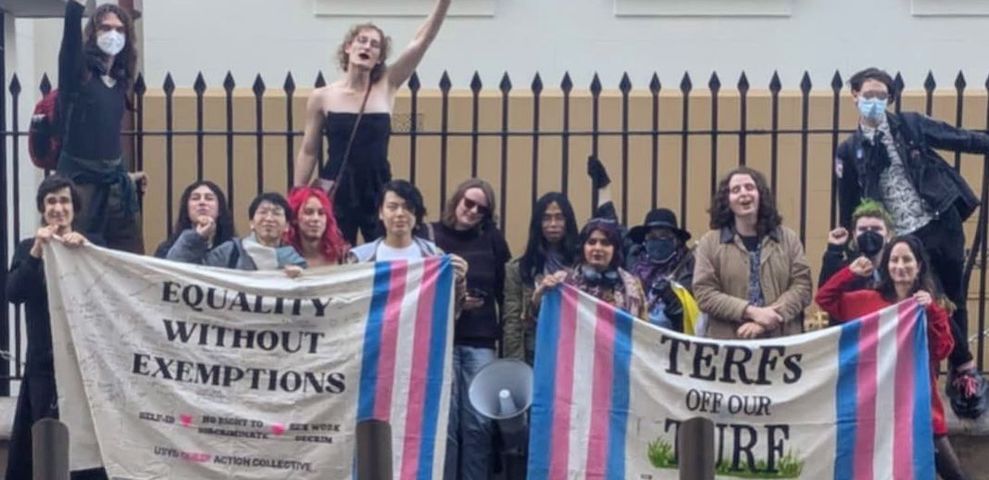
Italy Officially Bans Citizens From Seeking Surrogacy Abroad

Italy has officially banned its citizens from seeking surrogacy abroad, a move critics say is part of Prime Minister Giorgia Meloni’s broader effort to curtail LGBTIAQ+ rights.
Surrogacy was already illegal within Italy, but the new law extends the ban to surrogacy arranged outside the country, imposing penalties of up to €1 million (AUD$1.6 million) and two years in prison.
The legislation passed the Senate by a vote of 84 to 58, with proponents claiming it defends women’s dignity, while critics say it disproportionately impacts LGBTIAQ+ families.
Italy also bans LGBTIAQ+ people from listing same-sex partners on birth certificates, accessing IVF and adopting children, including their partner’s children. The cumulative effect of these laws mean that it has become increasingly difficult for LGBTIAQ+ couples to start a family.
Surrogacy ban has disproportionate impact on rainbow families
Surrogacy, which involves a person becoming pregnant on behalf of another, has been a target of legislation since Meloni’s Brothers of Italy party took power in 2022. Prime Minister Meloni has consistently opposed surrogacy, describing it as “inhuman” and “a symbol of an abominable society that confuses desire with rights and replaces God with money” according to the BBC. The ban has been framed by her government as necessary to protect children and preserve natural family structures.
For LGBTIAQ+ couples, the law is particularly devastating. “It’s like a truck hitting us in the face” Pierre Molena told The New York Times. As he and his partner are in the midst of expanding their family through overseas surrogacy, he told reporters, “We are worried about our future and that of our children.”
“This law is disgusting,” said Salvatore Scarpa, a gay father from Naples. “They cannot stop our family. How dare they judge us.”
Speaking to The Washington Post, he described he and his partner’s plan to circumvent the laws by working with a birth mother in California, where surrogacy is legal, flying to Paris with their newborn, then travelling by road into Italy to avoid airport customs.
A surrogate for anti-gay sentiment
Carolina Varchi, the bill’s sponsor, claimed the legislation was not specifically designed to target the LGBTIAQ+ community, noting that the majority of people who use surrogacy are heterosexual.
However, some see it as an indirect assault on gay families, given that heterosexual couples can often conceal their use of surrogacy, while men face suspicion if they come home from overseas with a new baby. “The people who can’t hide this are gay couples,” Alessia Crocini told The Washington Post. “This is about [targeting] gay fathers.”
Vincenzo Miri, president of a network of lawyers who advocate for LGBTIAQ+ rights in Italy added “There is the possibility that you have two fathers with a child, and their paediatrician or a next-door neighbour who doesn’t accept two fathers with a child decides to press charges. That’s what they’re facing.”
Legal challenges ahead
Opponents of the law argue that it will likely face constitutional challenges, particularly as it could require Italian courts to prosecute actions that are legal in other countries. Some legal experts have warned that trying to prosecute citizens for legal activities conducted abroad could lead to international diplomatic tensions.
Secretary of the opposition Più Europa party, Riccardo Magi, wrote on Twitter/X: “The right has made it illegal for Italian citizens to resort to surrogacy even in those countries where it is perfectly legal, regulated, and safe.”
“[This is] a legal abomination that we hope will be swept away by the Constitutional Court. As far as we are concerned, we will not back down one millimetre: we will continue to fight not only to abolish this law but to legalise altruistic surrogacy here in Italy.”
“The body, the uterus, and the freedom of women belong to women. Not to Giorgia Meloni. Not to this Government. Not to any Government.”









